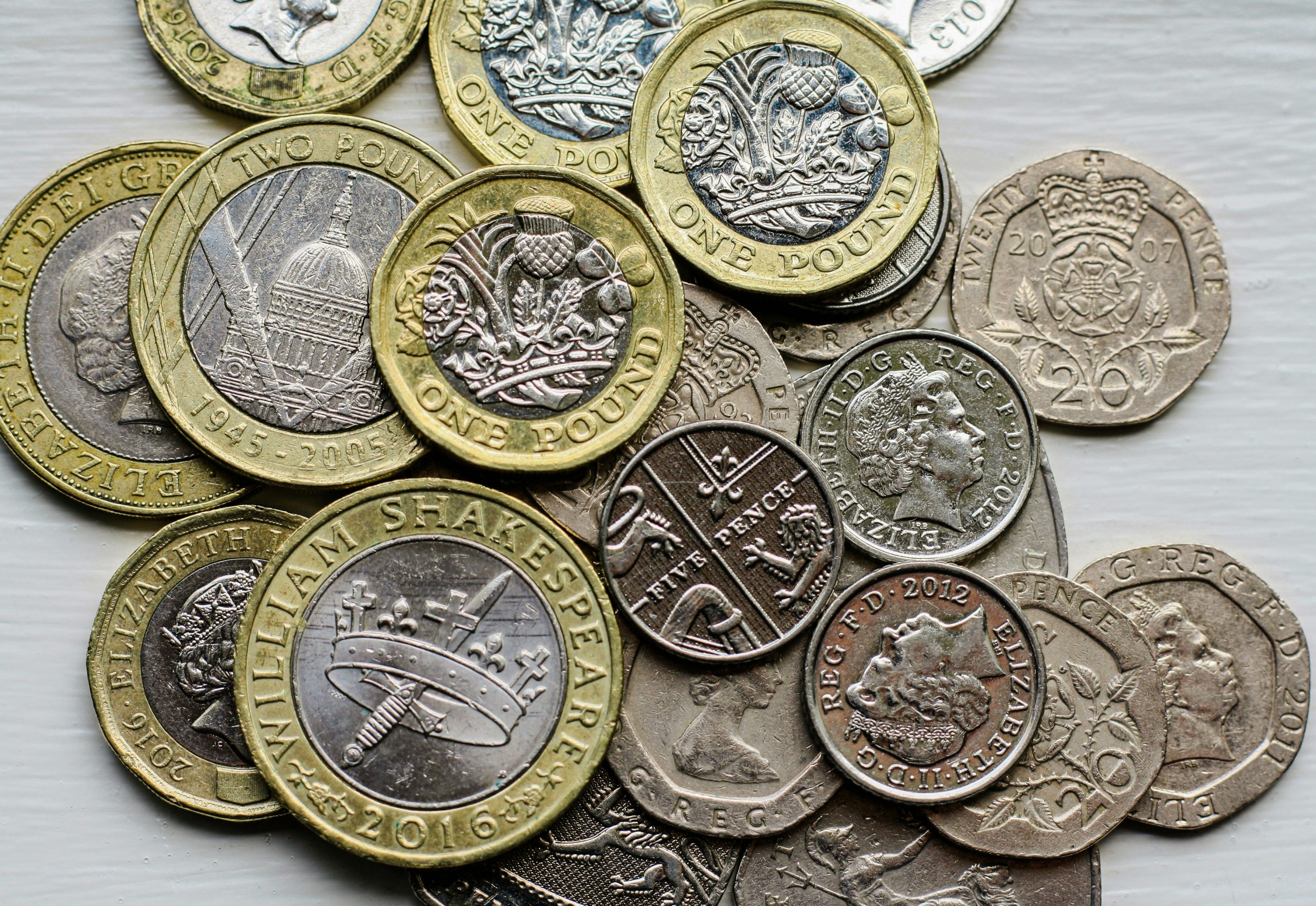Reimagining the Tax Landscape for Remote Gambling in the UK
Recently, the UK government unveiled plans for a revamped tax regime targeting remote gambling, contemplating the elimination of the existing three-tiered tax structure.
The initiative seeks input from industry players regarding the potential unification of the current disparate tax rates that govern remote gambling activities. HM Revenue & Customs (HMRC) and the Treasury have introduced the idea of a singular tax, tentatively named the Remote Betting & Gaming Duty (RBGD).
This consultation aims to engage stakeholders in discussions to refine these proposals, with the intent of easing administrative burdens while maintaining the integrity of the tax system.
Reassessing Current Tax Structure
Currently, the UK employs three distinct tax rates: Remote Gaming Duty (RGD), General Betting Duty (GBD), and Pool Betting Duty (PBD). According to James Murray, former Exchequer Secretary to the Treasury, it’s crucial for the tax framework to evolve in step with the rapid advancements within the remote gambling sector. “The landscape has transformed dramatically; thus, the three-pronged tax system necessitates reevaluation,” he noted.
The government argues that the rationale for differing tax rates across remote gambling is outdated. Presently, operators face a 21% tax under RGD, while GBD and PBD are both taxed at 15%. These disparities no longer reflect the shifting consumption trends seen in the gambling market.
The consultation window for the RBGD is set for the next 12 weeks, concluding on July 21. Final proposals are anticipated to be revealed in the Autumn Budget of 2025.
A Call for Change
HMRC and the Treasury have underlined the need for a cohesive tax approach that aligns with broader industry objectives, including minimizing player harm. They assert that the maintenance of separate tax categories lacks a robust justification.
Through this consultation, the government is not only seeking insights on tax framework development but also inviting suggestions on which gambling activities should be included and the compliance measures to be enforced. Additionally, there will be discussions around the classification of free-play bonuses, promotions, and prizes.
With remote gambling yielding approximately £6.9 billion annually, marking over 200% growth in the past decade, the urgency for a streamlined tax model is evident.
The Future of Gambling Tax
Speculation prior to the last autumn budget hinted at potential hefty reforms within the gambling sector, with reports suggesting the possibility of raising remote gambling taxes by as much as 50%. This speculation negatively affected gambling stocks in the market.
However, the actual budget announcement did not impose any tax increases but did mention the government’s intent to consolidate the gambling tax framework. “Next year, we will engage in consultations to unify remote gambling taxation, thereby simplifying the system and closing existing loopholes,” the budget report stated.
As the government moves forward with its initiatives, the focus remains on building a tax structure that is not only fair but also adaptable to the ever-evolving landscape of remote gambling.
